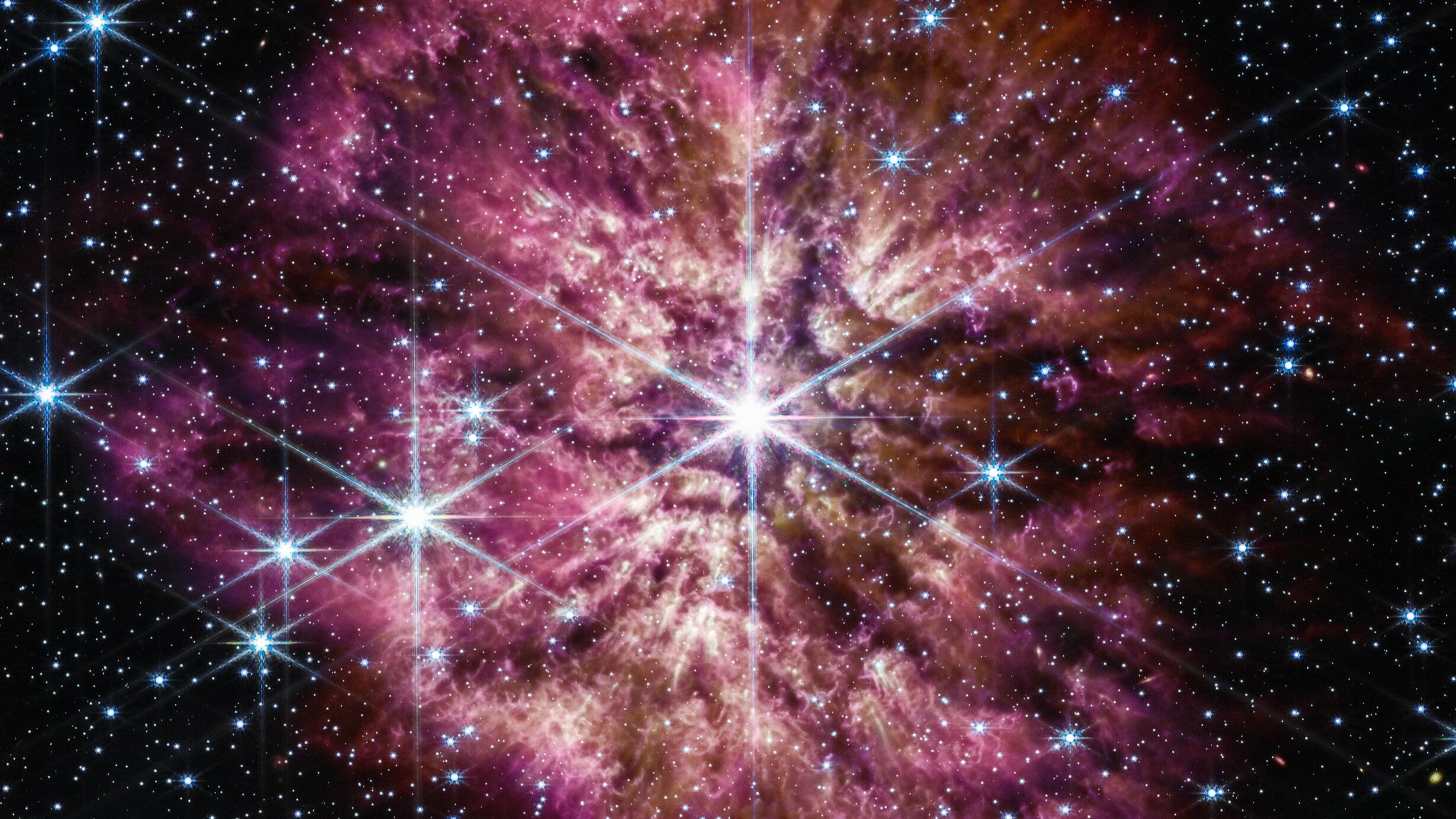 Image courtesy of NASA, ESA, CSA, STScI, Webb ERO Production Team
Image courtesy of NASA, ESA, CSA, STScI, Webb ERO Production Team These explosive events have been a subject of study for centuries and have a massive impact on our past, present, and future on Earth.
Join Or Graur, associate professor of astrophysics at the University of Portsmouth's Institute of Cosmology and Gravitation, and Museum Senior Scientist Jackie Faherty for a deep dive into supernovae. How have observations of supernovae contributed to the transformation of astronomy from astrology to astrophysics? What are the modern tools and techniques used in the study of supernovae? Graur will share how his own observations with the Hubble Space Telescope have impacted the dynamic field of supernova research.
After the program, Graur will sign copies of his book, Supernova, which will be available for purchase.
Introduction to Supernova: Astronomy Essentials: What is a Supernova?
A Sample of Graur’s recent work: Late-Time Observations of Type Ia Supernova SN 2014J with the Hubble Space Telescope Wide Field Camera 3
Graur’s recent book, a concise illustrated overview of supernova, which will be available for sale and signature at this program: Supernova by Or Graur
This program utilizes OpenSpace software supported by NASA under award No NNX16AB93A. Any opinions, findings, and conclusions or recommendations expressed in this material are those of the author(s) and do not necessarily reflect the views of the National Aeronautics and Space Administration.